Articles by OncLive Staff

Dr Agarwal discusses the significance of the FDA approval of talazoparib plus enzalutamide in HRR gene–mutated mCRPC, key efficacy and safety data from the TALAPRO-2 trial, and how this combination further supports the use of PARP inhibitors in the mCRPC treatment paradigm.
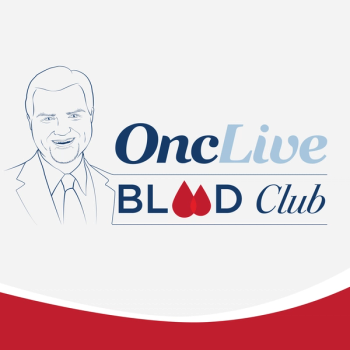
Dr Lunning sits down with Jeremy Abramson, MD, to discuss treatment options for patients with LBCL following relapse on their initial therapies, the potential role of surveillance imaging in certain subsets of this population, and the challenging differences that arise when treating patients with cellular therapy in clinical trials vs in the real-world setting.
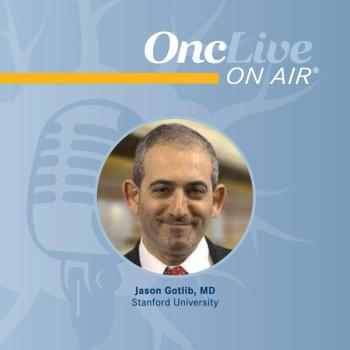
Dr Gotlib discusses the significance of the FDA approval of avapritinib in indolent systemic mastocytosis, key findings from the PIONEER trial, and the quality of life benefits that avapritinib provides for patients in this population.
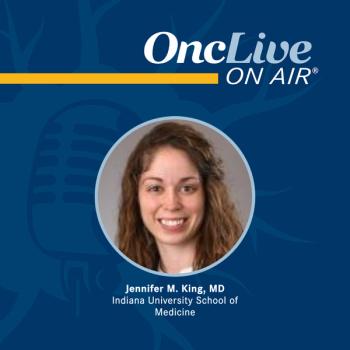
Dr King discusses the need for improved guidance when determining the appropriate management strategy for patients with residual nonretroperitoneal testicular cancer and findings from a study on the association between the presence of teratoma in the primary orchiectomy and the rate of teratoma in this disease.
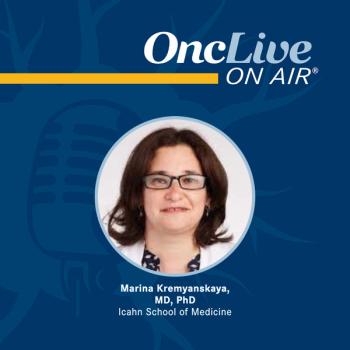
Dr Kremyanskaya discusses the results from cohort 1 of the MANIFEST trial in treatment-naïve myelofibrosis, differentiating features of pelabresib and recently approved JAK inhibitors, and next steps for the investigation of BET inhibitors in this population.
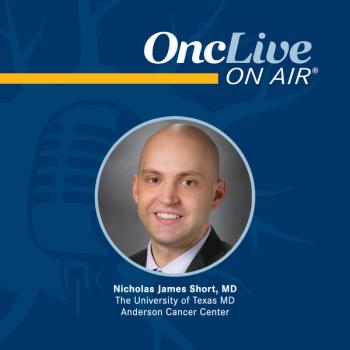
Dr Short discusses data in acute lymphoblastic leukemia that were presented at the 2023 ASCO Annual Meeting and EHA Congress.
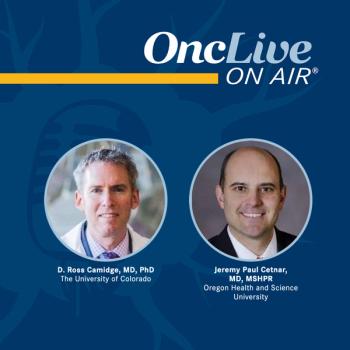
In this episode of ‘How This is Building Me,’ Dr Camidge is rejoined by Dr Cetnar to discuss the good, the bad, and the ugly of the lung cancer data that were presented at the 2023 ASCO Annual Meeting.
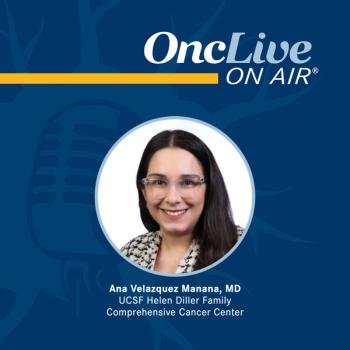
Dr Manana discusses how systemic racism appears in oncology practice, tools clinicians can use to learn about and address their implicit biases, and the importance of connecting patients with a multidisciplinary team to provide necessary resources and care.

Joshua Eric Reuss, MD, discusses the enrollment criteria for the HARMONIC trial, the demonstrated safety and efficacy of LP-300, and potential benefits of the agent for never smokers with advanced non–small cell lung cancer.

Tanios S. Bekaii-Saab, MD, highlights the unmet needs in GI malignancies and discusses how interdisciplinary meetings, such as the 20th Annual Meeting of the International Society of Gastrointestinal Oncology, provide the framework for disseminating information and driving innovative advances.

Dr Reuss discusses the development of LP-300 in advanced NSCLC, the mechanisms of LP-300 that may help synergize with the activity of platinum-based chemotherapy, and its ongoing investigation in the phase 2 HARMONIC trial.
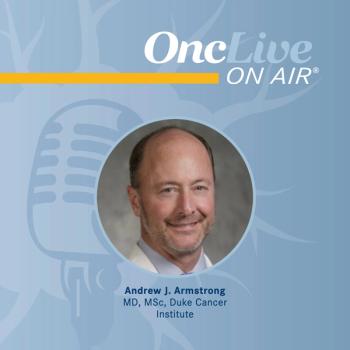
Dr Armstrong discusses the FDA approval of olaparib plus abiraterone in patients with BRCA-mutated mCRPC, key efficacy and safety data from the PROpel trial, and where the field of prostate cancer research may be headed in the future.
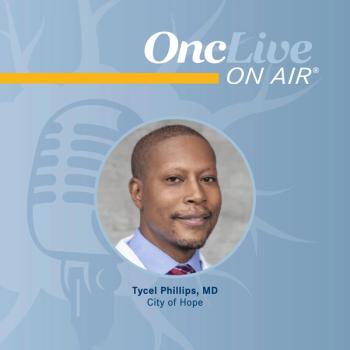
Dr Phillips discusses the FDA approval of epcoritamab in patients with relapsed/refractory DLBCL key efficacy and safety findings from the EPCORE NHL-1 trial, and the potential future of bispecific antibodies in this setting.
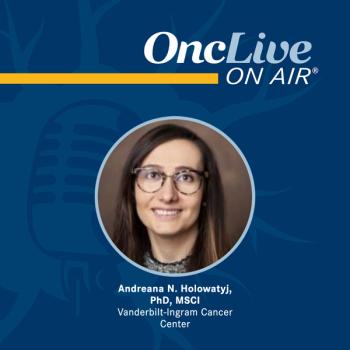
Dr Holowatyj discusses symptoms associated with appendix cancer, challenges related to understanding the incidence and risk factors of this disease, and ongoing research regarding potential genetic links to this rare cancer.
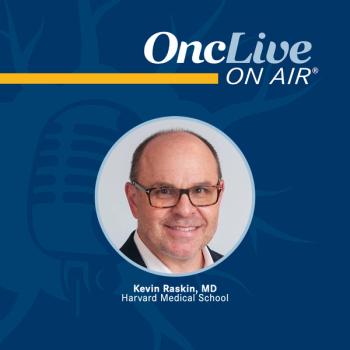
Dr Raskin discusses the road from fellow to fellowship director at Massachusetts General Hospital, the importance of transparency in a program amid increasing emphasis on health and wellness, and the skills a successful program should impart on their trainees.

In this episode of How This Is Building Me, Drs Camidge and Weickhardt discuss the span of countries Dr Weickhardt’s medical training and career has led him to, the ins and outs of becoming a practicing oncologist in Australia vs the United States, and the importance of discerning patient needs and preferences to earn patient trust and deliver effective, personalized care across the globe.
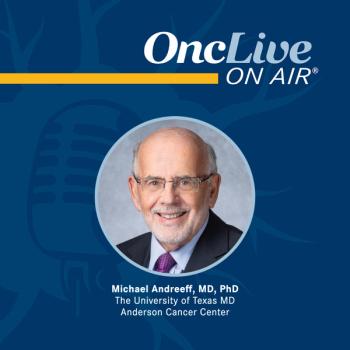
Dr Andreeff discusses the evaluation of uproleselan for the treatment of patients with acute myeloid leukemia, the rationale for targeting E-selectin in patients with this disease, how uproleselan could amplify the effects of chemotherapy in the treatment of these patients.
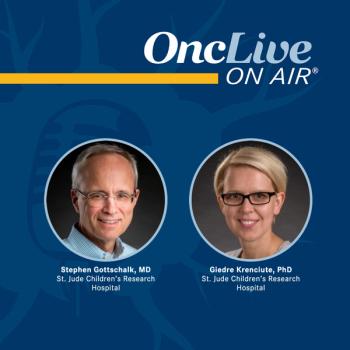
Drs Gottschalk and Krenciute discuss the difficulties of translating successes with CAR T-cell therapy in adults to the pediatric population; ongoing research with investigational products that could reduce T-cell exhaustion, burnout, and the time from bench to bedside; and expectations for the future of cellular therapy in oncology.
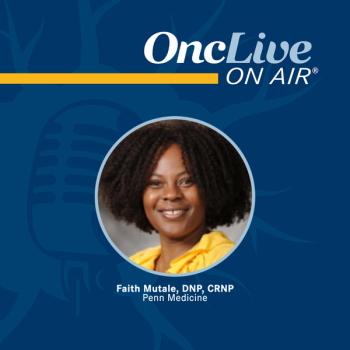
Dr Mutale discusses common factors contributing to decreased access to cancer clinical trials, how trial enrollment criteria can affect which groups of patients are underrepresented in these trials, and steps that researchers and clinicians can take to increase diversity in clinical trials and mitigate these disparities.
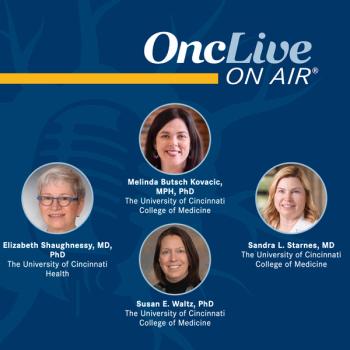
Drs Kovacic, Shaughnessy, Starnes, and Waltz highlight the differences in work culture from their early careers to now, gender-related challenges that persist in medicine today, and advice to incoming medical professionals.
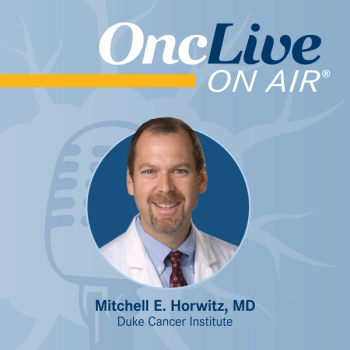
Dr Horwitz discusses the FDA approval of omidubicel in patients with blood cancers, key efficacy and safety data from the pivotal phase 3 trial, and the benefits omidubicel provides beyond improved neutrophil engraftment.
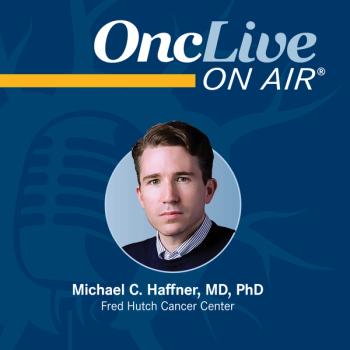
Dr Haffner explains distinguishing features between basal cell and adenocarcinoma of the prostate, findings from a genomics study of basal cell prostate carcinoma, and the challenges that arise when diagnosing and treating patients with this rare disease.
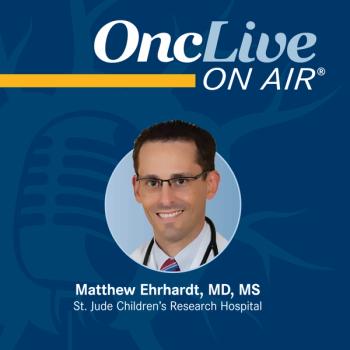
Dr Ehrhardt discusses how modifiable chronic health conditions may relate to social determinants of health, noting how these factors can potentially lead to late mortality for survivors of childhood cancer.
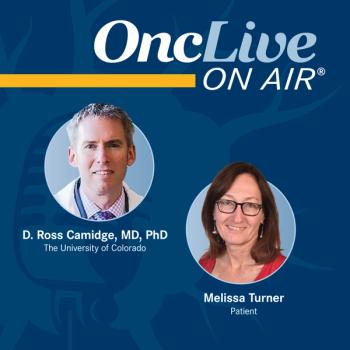
In today’s episode of ‘How This is Building Me,’ Dr Camidge and Melissa Turner reflect on the bond they share as oncologist and patient, the nuances of Melissa’s transition to hospice care, and the importance of authentically framing her cancer narrative as one where challenges, grief, and gratitude can coexist.
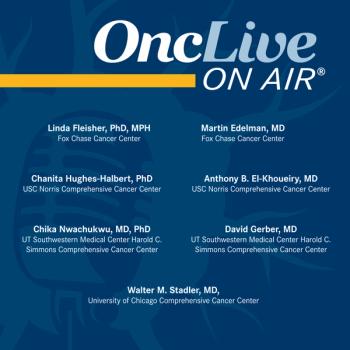
Faculty across 4 institutions discuss their participation in a 4-team initiative launched by Stand Up To Cancer® that focuses on expanding access to cancer care and research.
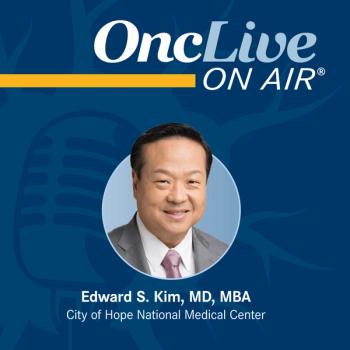
Dr Kim discusses the evaluation of LP-300 for the treatment of patients with advanced lung adenocarcinoma, the rationale for exploring this agent in combination with chemotherapy, and the ongoing HARMONIC trial investigating the combination of LP-300 plus carboplatin and pemetrexed.
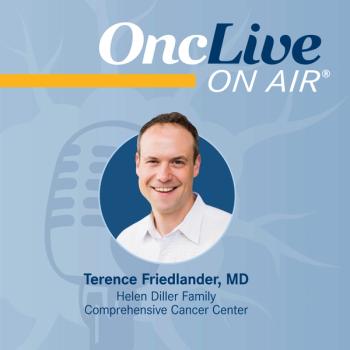
Dr Friedlander discusses the FDA approval of enfortumab vedotin plus pembrolizumab in patients with locally advanced or metastatic urothelial carcinoma, key efficacy and safety data from the EV-103 trial, and the importance of incorporating this regimen into the frontline setting for this population.
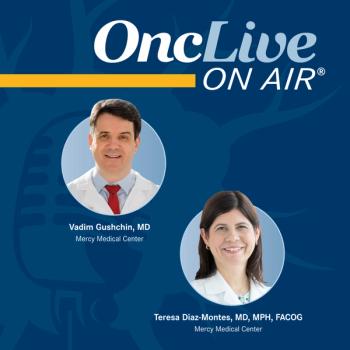
Drs Gushchin and Diaz-Montes discuss findings from the HOT trial evaluating health-related quality of life outcomes after cytoreductive surgery and hyperthermic intraperitoneal chemotherapy in patients with primary ovarian cancer.
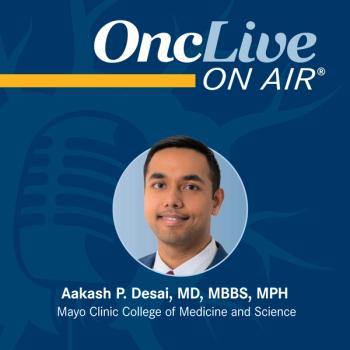
Dr Desai discusses the aspects of his oncology fellowship experience that have had the greatest influence on his career growth, the role of mentorship throughout his fellowship and transition to a full-time faculty position, and his advice for current and future oncology fellows.

During an OncLive® workshop titled Key Updates in the Management of Acute Myeloid Leukemia and Their Application in Clinical Practice, moderated by Naval Daver, MD, faculty reviewed updates to the classification of acute myeloid leukemia and its effects on the treatment paradigm and provided insight on the management of adverse-risk and secondary acute myeloid leukemia.































